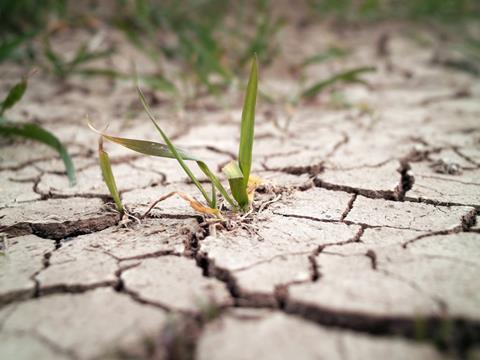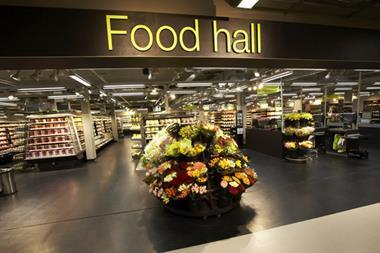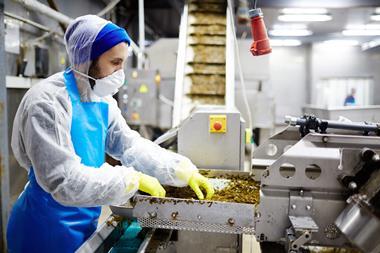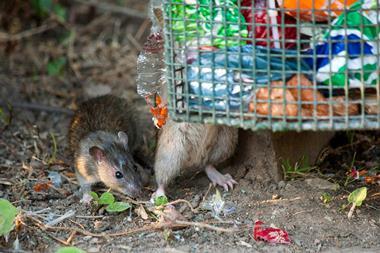
A heatwave in Morocco topping 50°C is threatening Britain’s supply of fresh fruit & veg.
Initial reports indicate “substantial damage” to crops such as tomatoes, which account for around half of Moroccan fresh produce exports, according to Mintec.
Growers are now struggling to replant many tomato crops that didn’t survive the extreme heat.
Other important crops, like peppers and cucumbers, have also been damaged and lost due to the intensity of the temperatures felt across the country in recent days.
The Souss-Massa region, an important hub for fruit and vegetable production, recorded the highest temperature of 50.4°C on 11 August.
Experts have warned the heatwave’s repercussions are poised to cause delays to the upcoming harvest as growers replace damaged crops.
“Morocco’s importance as a major exporter to the EU and UK underscores the potentially far-reaching consequences of this heatwave,” said Mintec analyst Harry Campbell.
“As these regions become more reliant on Moroccan fruit and vegetable exports, the heatwave’s effects are expected to resonate through supply chains and market dynamics when the harvest for the various horticultural produce which the heatwave has impacted.”
In February this year, adverse weather conditions including rainstorms and extreme cold temperatures severely affected fruit & veg production in Morocco, which led to significant shelf gaps in supermarkets across the UK.
Shortages of products like tomatoes, cucumbers and peppers were felt for weeks.
Read more: European heatwave to push up fruit & veg prices, experts warn
The Energy & Climate Intelligence Unit (ECIU) has this week warned that this summer’s unprecedented high temperatures were threatening UK food imports from the Mediterranean.
UK food security was at risk due to prolonged heatwaves and wildfires across parts of Europe and northern Africa, which Britain heavily relies on for fresh produce year-round, said the ECIU.
Just over a quarter of Britain’s food imports, worth over £16bn, came from the Mediterranean region in 2022. Spain alone, which is experiencing some of the worst climate impacts in the Mediterranean, accounted for 7% of our food imports last year, the ECIU said.
“Even when we’re not experiencing extreme weather, we are not immune to its impacts in a globalised world,” said head of international programme at ECIU Gareth Redmond-King.
“Shortages of salad and other vegetables in UK supermarkets in February this year caused by extremes in southern Spain and north Africa brought home to people just how vulnerable the UK is to the impacts of climate change on our food.
“But as the news this summer has daily showed the Mediterranean ravaged by vicious heatwaves, wildfires and drought, it’s sobering to realise just how much we rely on food imports that come from parts of the world most at risk from the changing climate.”



















No comments yet